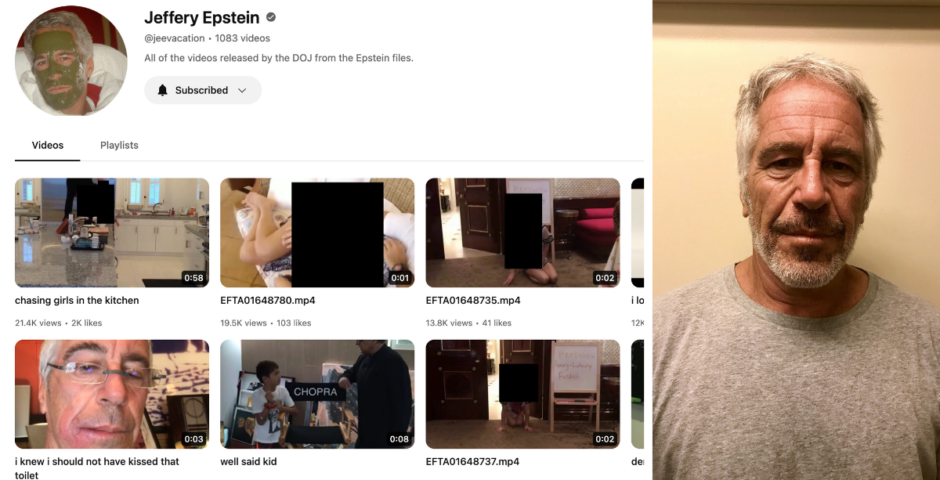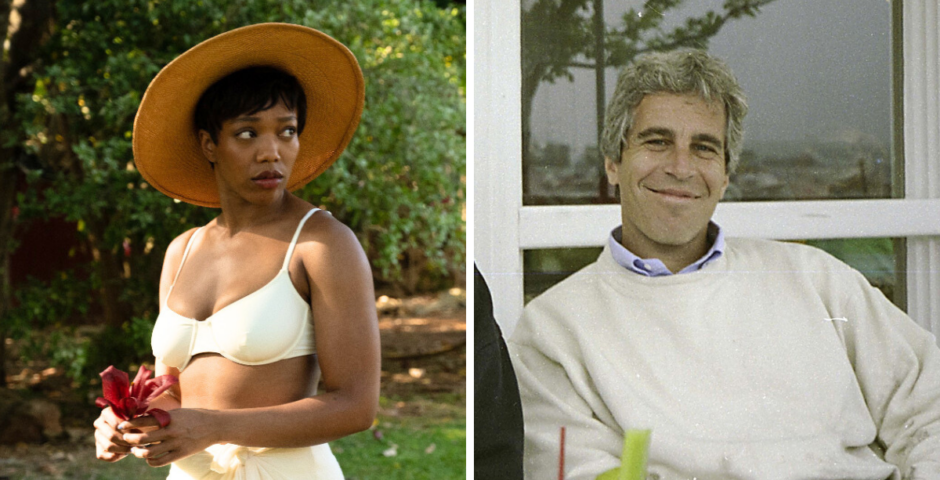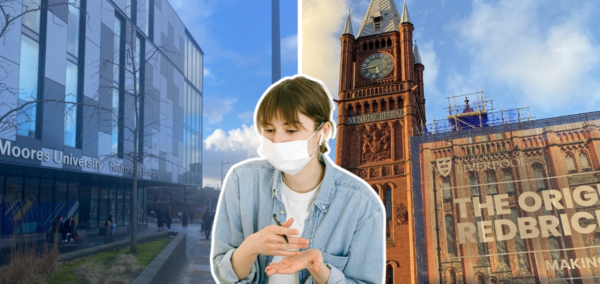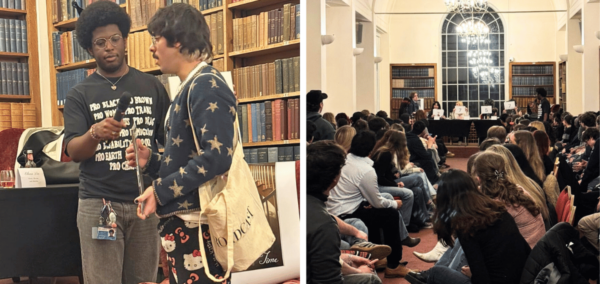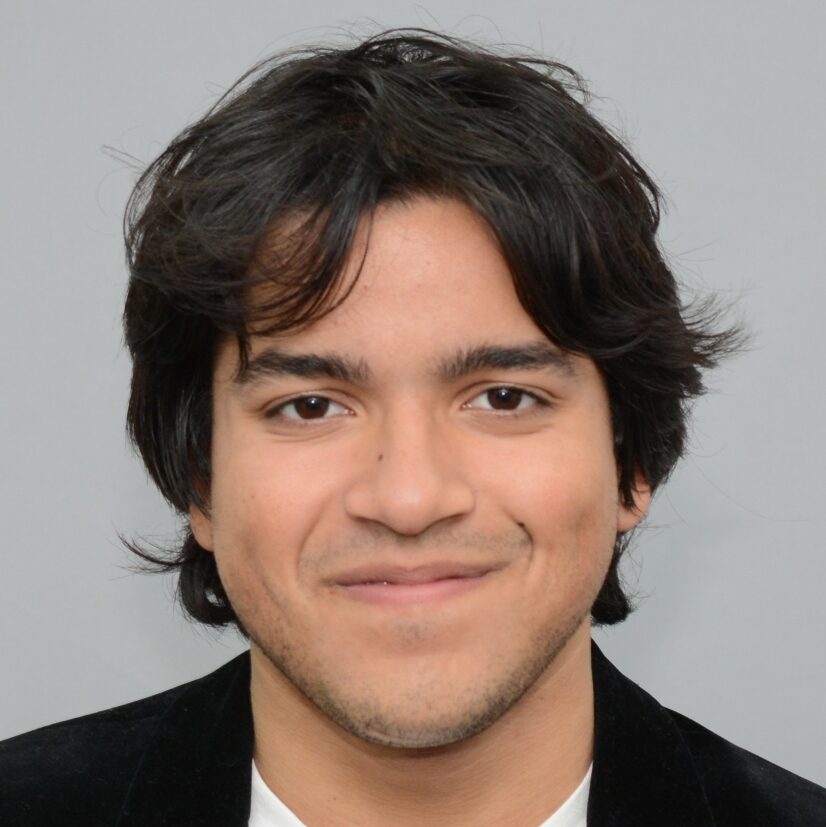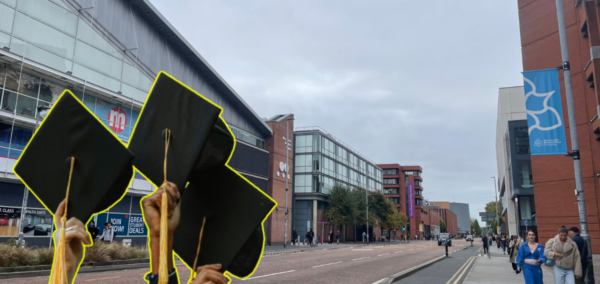
Leeds PSG president condemns uni crackdown following pro-Palestine protest investigation
Suffian, the president of the Leeds Palestine Solidarity Group (PSG) claims the university has ‘weaponised’ disciplinary procedures
The president of the Leeds University Palestine Solidarity Group (PSG) has condemned the university’s crackdown on pro-Palestine protests, following new evidence about how student protests across the UK were handled last year.
Waves of protests against the war in Gaza have occurred on Leeds’ campus, with students organising walkouts, setting up encampments, occupying university buildings and staging a sit-in at Leeds train station.
Suffian, the president of the Leeds PSG, spoke to The Leeds Tab about the two month investigation he said he was under for “engaging in unauthorised protests and being a member of the encampment”.
According to Sky News, at least 40 universities across the UK discussed pro-Palestinian protest activity with private intelligence organisations or police forces, and 36 universities engaged in direct communications with police.
It has also been revealed that 113 students were investigated by 28 universities, including the University of Leeds, where five people faced disciplinary action.
Suffian told The Leeds Tab he believes free speech and students’ right to protest are being restricted.
During his disciplinary process, he was allegedly shown footage of himself entering a building and leading chants, and was issued a “written warning”.
The warning will last the remainder of the 2024/2025 academic year, and contextualises previous events. So, if a similar case emerges in the Leeds PSG that requires investigation or disciplinary action, it would also be investigated with reference to the pre-existing warning. Potential outcomes if an investigation is upheld would therefore be more serious.

via Suffian
However, the investigation concluded that, other than the formal warning, no further action would be taken.
According to Suffian, the disciplinary process began when there was a “miscommunication” about a rally being planned by a Leeds PSG committee member in August 2024. The student explained that it was not his society who were involved in its planning.
The third year student alleged the university has “weaponised” disciplinary procedures to “scare” leaders.
Censure of supposed leaders, Suffian argued, works by frightening other students “into submission”, as they say they fear being allegedly targeted by the university too.
He continued: “The conditions imposed are to prevent students who underwent disciplinary from attending, or engaging with, unauthorised action for Palestine.”
Suffian described this as a “gross misuse of power” and believes it equates to the silencing of pro-Palestinian voices.
Speaking about the protest that led to his disciplinary investigation, Suffian claimed he was threatened by a known harasser. A week before the protest, the man allegedly posted a public bomb threat on X, targeting Suffian and members of his society with a device described as “pagers” that would be handed to them.
Suffian claimed the university was aware of this threat as he had reported it immediately.

via Suffian
When the man was spotted on campus during the protest, Suffian said he alerted campus security, the police and the union of his presence “out of fear for [his] life”.
However, Suffian alleged his concerns were dismissed, saying he was told by campus police liaisons and senior members of management that they had “more important things to do”.
According to the student, he was later deemed “hostile and intimidating” during his disciplinary process. He believes these accusations stemmed from his attempts to ensure the safety of himself and his society members.
The investigation was supposedly prolonged, lasting the “entirety of [his] first semester as a third year.”
The student also claimed no formal investigation into the bomb threat was carried out, despite the university knowing the suspect’s identity from previous reports of harassment.
Asked about his thoughts on campus protest policies, Suffian said there should be fewer formalities surrounding students’ right to protest.
He said: “Protesting is a form of resistance used in movements across the world: From the Civil Rights Movements to the Suffragettes and beyond. These weren’t authorised protests because protests shouldn’t be authorised.”
Suffian described the 21 working day approval process required for societies to hold a protest as “ridiculous,” adding that protests are often spontaneous reactions to current events, so they cannot wait for clearance.
He claimed that authorised protests also remain restricted to a level the university deems acceptable, which, he argued, “takes out the essence of what protesting is meant to be”.
The student continued: “The Union should unequivocally support the right of students to protest against our university’s complicity in the war in Gaza, and oppression and injustice more widely, and not have lengthy procedures that prevent change from occurring.”
A spokesperson for the University of Leeds said: “The right to lawful protest must be carefully balanced between the rights of protesters to assert their views on the one hand and the rights of others to go about their business safely, unimpeded, and free from intimidation and harassment.
“The university has a clearly communicated student code and guidance on protests. Where students engage in misconduct, as outlined in our regulations, they may become subject to disciplinary action.”
Leeds University Union has not yet responded to requests for comment.
Featured image via Suffian


